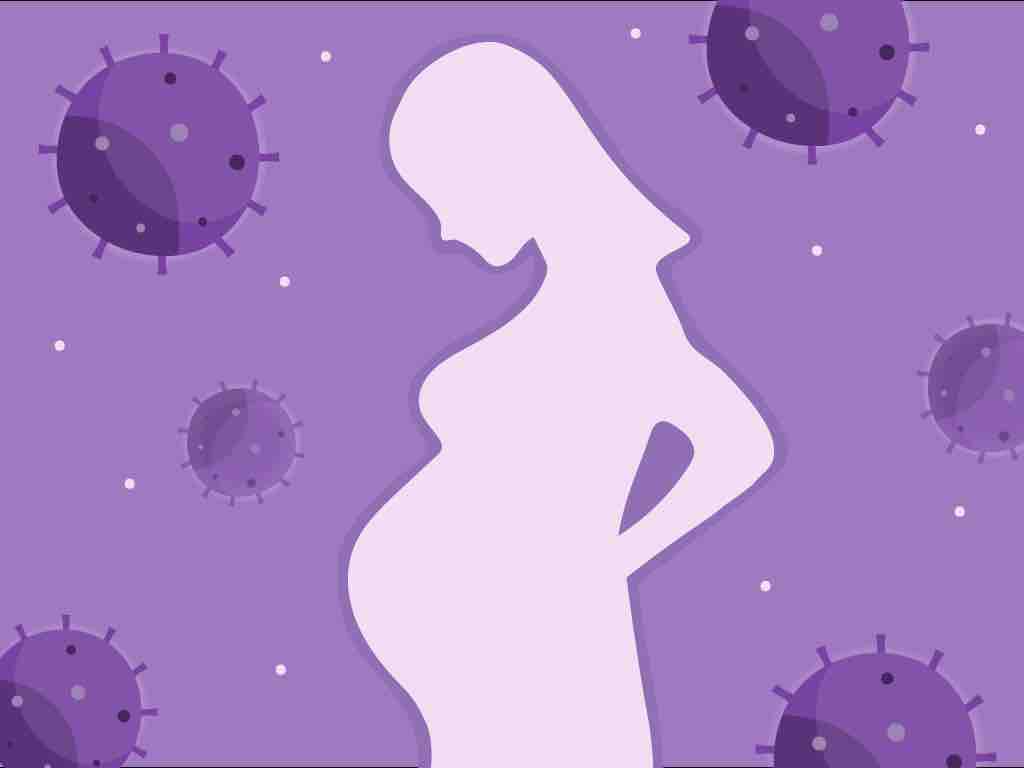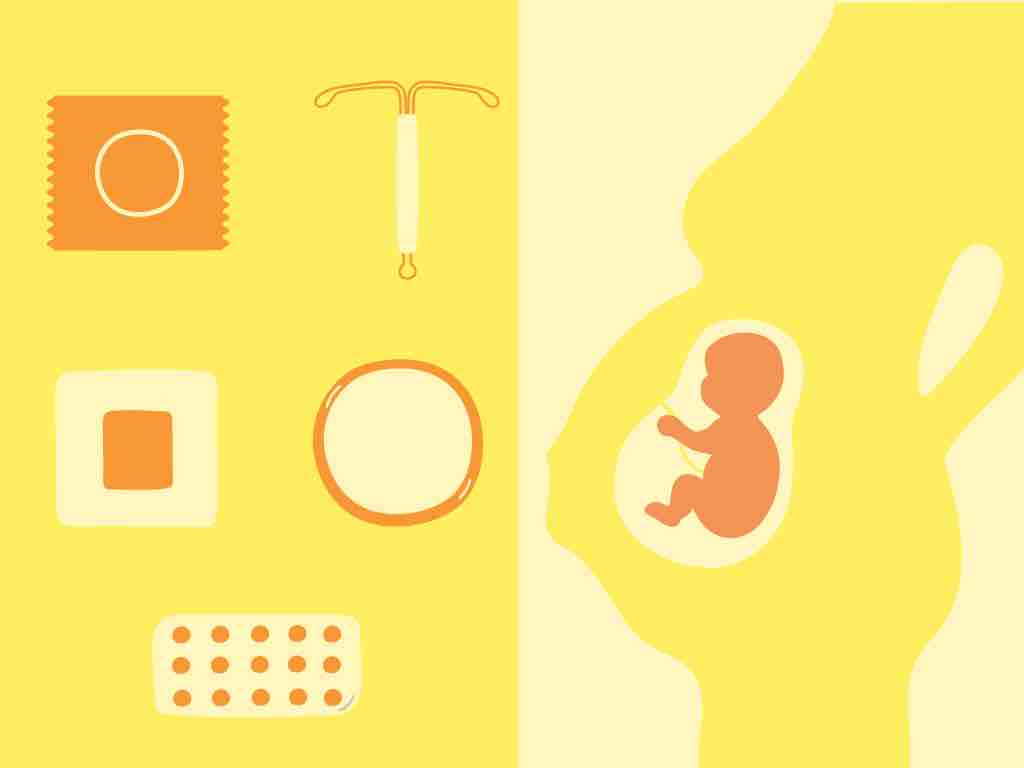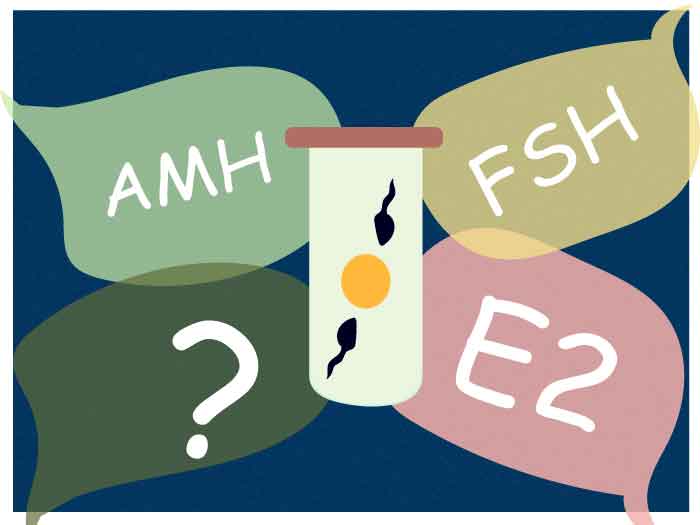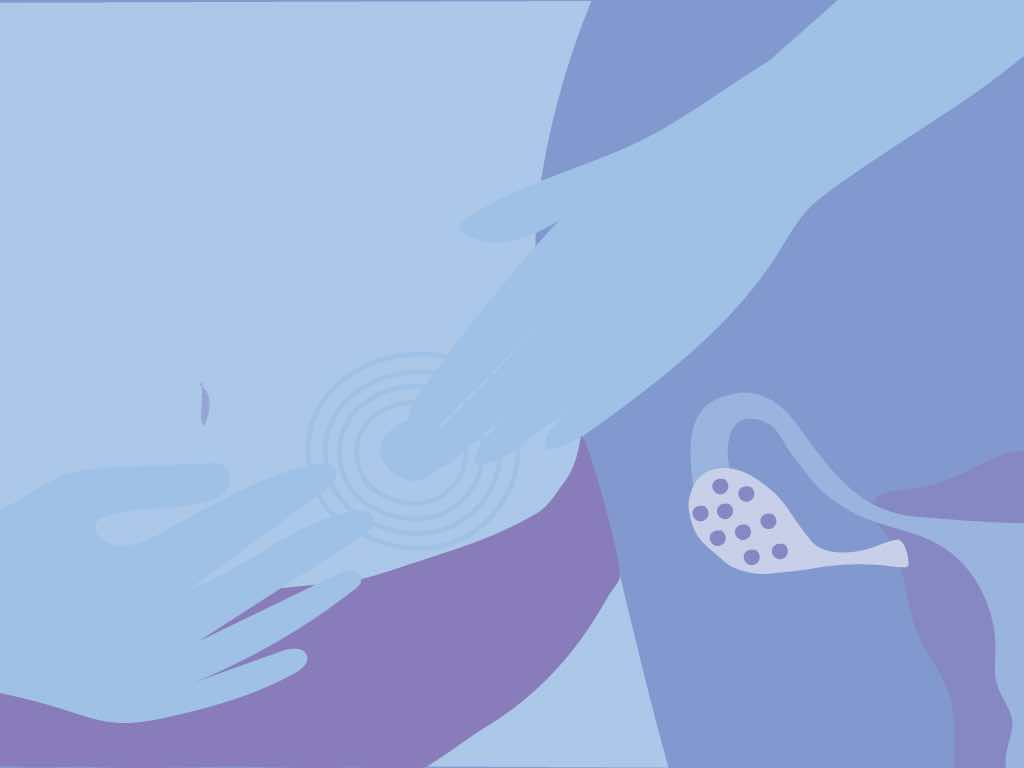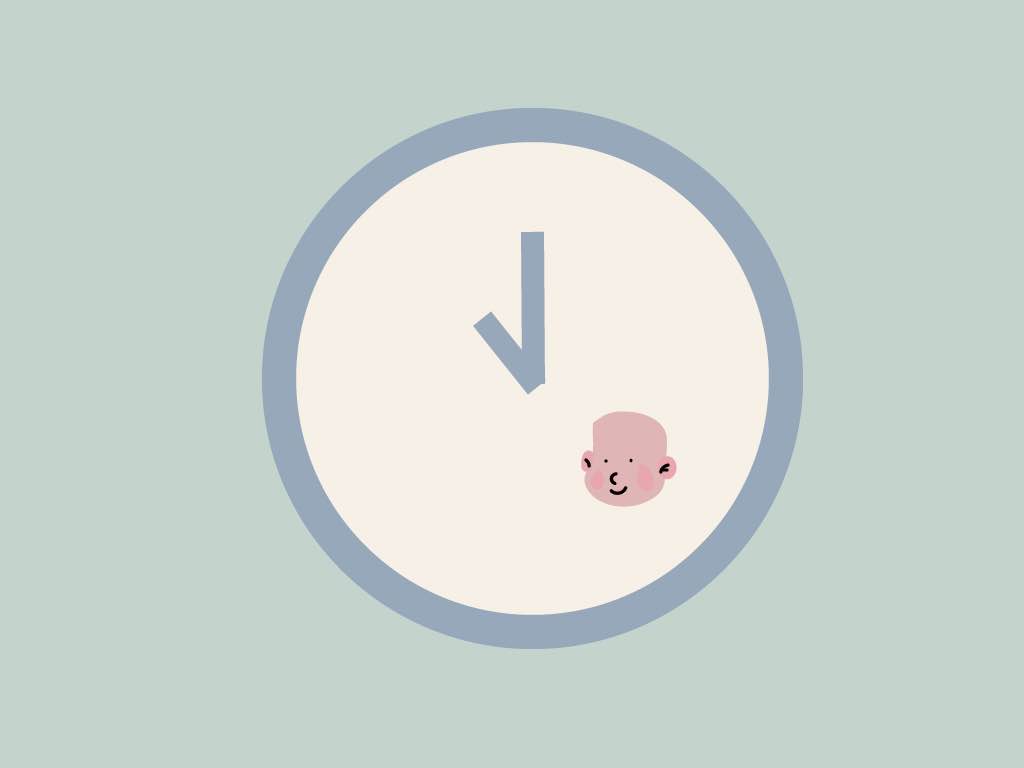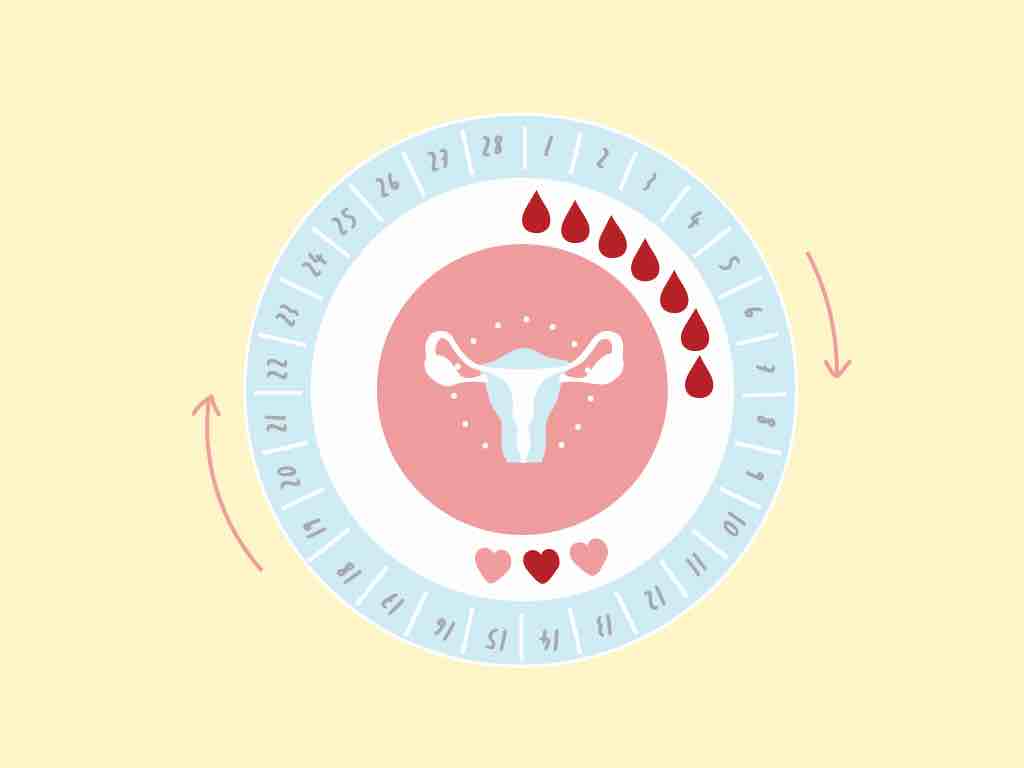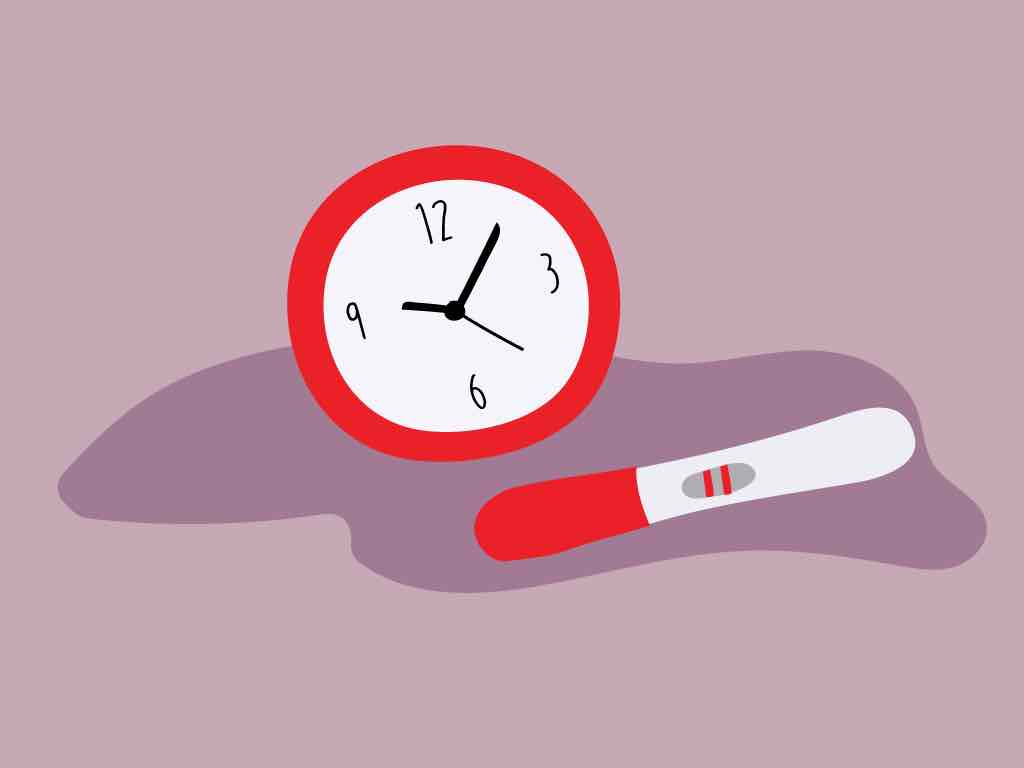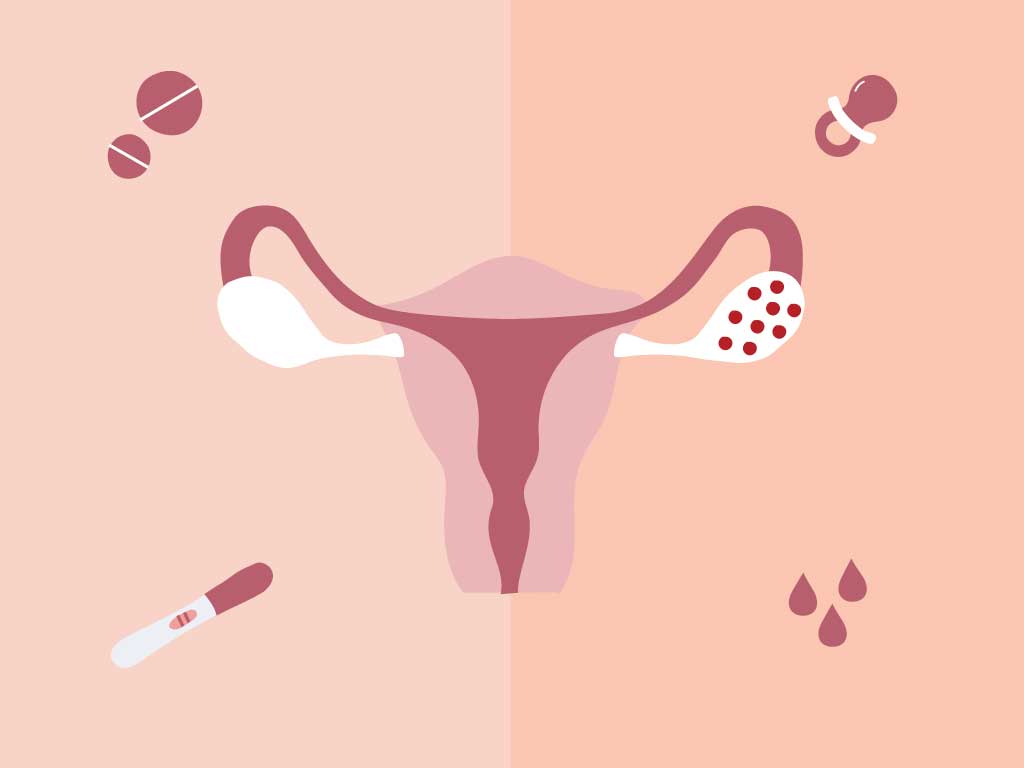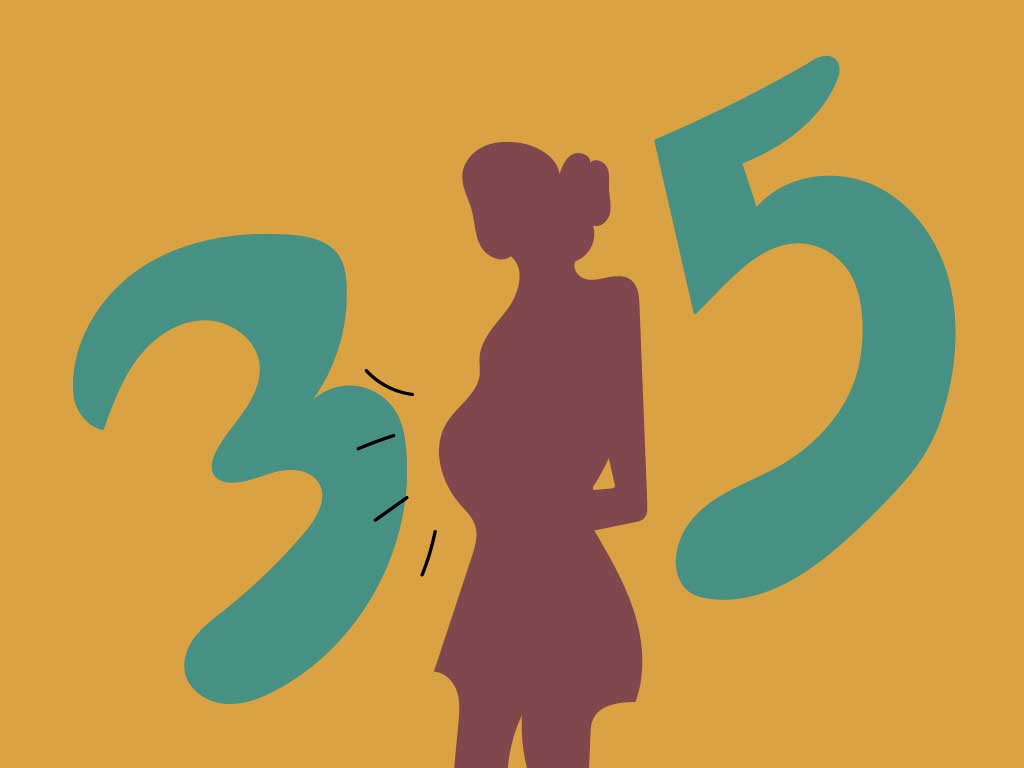Making Sense of Fertility in India
October 17, 2019 | Yesmom

Wanting to conceive, but not being able to, can be a tormenting experience. That is especially true in a predominantly patriarchal society like India where the blame for fertility problems are often laid solely upon us women.
Making things worse, we have to face the countless myths and superstitions revolving around infertility. Yet, there’s no denying the fact that for many of us, giving birth and raising a child are is something we desire for ourselves, now or in the future .
Are you a victim of diminishing fertility rates in India? More importantly, are you blaming yourself for that? Do you think it’s something that you can’t overcome?
Well your worries are mistaken and even misplaced. Let me break down the question of fertility in India’s context, with a focus on the present, its causes, the existing fertility healthcare options.
You’re Not Alone
According to the State of World Population report 2019, published by the UN sexual and reproductive health agency, India’s total fertility rate has dropped from 5.6 births per woman in 1969 to 2.3 in 2019.
In modern vocabulary, we refer to an infertile couple, instead of an infertile man or woman. That said, a Times of India story from 2018 cited a study by Inito, a med-tech company from Bangalore, to point out that 10-15% of all married couples in India are infertile. That is, a staggering 27.5 million couples.
The TOI report also noted only 1% of all Indian infertile couples seek treatment, as 55% women and 75% men are partly, or fully, oblivious to the many fertility healthcare options available to them .
So, no matter how you feel, you’re not alone in this struggle. And, by now, we hope that you know this well enough. Let this knowledge, be your strength.
Factors for Infertility – Debunking the Myths
To empower you against the many myths and superstitions, let’s discuss some of the fundamental genetic, as well as social, causes of waning rates of fertility in India.
But first, what is infertility? Is it, as many must have told you, God’s curse for the sins of your past life? Resisting the immense urge to cuss, let’s just say that it isn’t.
Rather, as defined by WHO’s ICMART glossary, infertility is a reproductive disorder resulting in the inability of conceiving, despite having unprotected sex for more than a year. That is, there’s absolutely nothing otherworldly about infertility.
So, what factors affect your fertility? Let’s see.
Modern Lifestyle
As it is, living in the times that we do is not easy. Especially in urban areas, people suffer from varying degrees of stress, emanating from both professional and personal lifestyle choices. Time and again, substantial medical research has demarcated stress as a major inhibition to estrogen production.
Apart from stress, there’s sedentary lifestyles, obesity, and consumption of fast food. These, can cause a range of hormonal issues which affect fertility.
- Polycystic Ovary Syndrome (PCOS) – With up to 36% of Indian adolescents living with PCOS, it is, by far, one of the most common causes of infertility in India. In short, PCOS is a condition which causes hormonal imbalances, leading to stunted ovulation and resultant infertility in women. Read more about PCOS here
- Hypothalamic Dysfunction – Certain hormones, secreted by the Pituitary gland, are directly responsible for stimulating ovulation. Any disruption in such secretions can lead to infertility. Read more about which hormones to track to understand your fertility health here
Age
In general, women start losing their reproductive abilities in their late thirties, reaching menopause by early forties. Against this backdrop, women in India are trying to conceive later in life than their previous generations.
Focus on our education and careers lay a major role in family planning p. Now, it’s not only understandable but also applaudable that women are taking more control of our own lives. But if you wish to have a child, its certainly easiest to try in your 20s when we are at our fertile peak.
That said, there’s a silver lining. Very soon, Yesmom will introduce in-depth fertility health profiles in India based on your hormone levels, which will help you track your fertility, letting you make informed decisions regarding deterring pregnancy.
Sexually Transmitted Infections (STI)
Most STIs, and especially Chlamydia, harm the fallopian tube leading to its inability to produce and hold eggs which can result in infertility.
Substance Abuse
Excessive smoking, consumption of alcohol, or any other kind of substance abuse amounts to a significant risk factor for infertility. This, as opposed to common notions, is equally harmful to men and women.
Improving Your Fertility Health
One of the best ways of dealing with infertility of course is to visit your doctor. Presently, there are several surgical options to treat cases of infertility. Some are as follows.
- Laparoscopy – Using this technique, doctors can detect any reproductive disorders such as bilateral fallopian tube block.
- Follicular Monitoring – A cornerstone of infertility treatment, and as the name suggests, this method enables the monitoring of number, size, and growth of follicles in the ovary.
- IVF – Commonly known as the “Test Tube Baby” technique, this isn’t a treatment of infertility, but a way of having a baby despite the condition.
Apart from these, you can deal with or reduce the risks of infertility by changing your lifestyle, and by altering the factors mentioned in the section above. For one, you might want to quit smoking and drinking. Also, exercise such as swimming is a great, and probably the only, cure for PCOS.
Hormonal Fertility Tests
Prevention is, indeed, the better cure for infertility. Given the omnipresent risks, so to say, regular monitoring of certain hormones can help. Some of these include TSH, AMH, Oestradiol. Read more here
As it is, we, at Yesmom, dedicatedly curate content to help you with your concerns. Now, we are on track to a range of hormonal tests, which doctors from the around the globe use to monitor fertility. We understand that infertility can be tough, and strive to help you the best we can. You, on your part, need to keep up the will to carry on. And again, remember, it is not your fault.
https://www.unfpa.org/swop-2019
https://timesofindia.indiatimes.com/life-style/parenting/getting-pregnant/27-5-million-couples-in-india-suffering-from-infertility/articleshow/63938393.cms
http://www.inito.com
http://www.icmartivf.org/ivf-glossary.html
https://www.ncbi.nlm.nih.gov/pubmed/25040027
https://www.ijrcog.org/index.php/ijrcog/article/download/5626/3951


